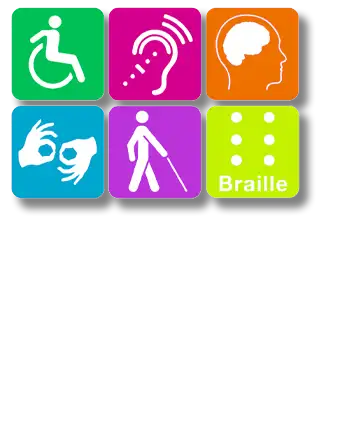National Disability Independence Day
Celebration
Annually, on July 26th.

Notes
Independence while living with a disability means having the freedom to make your own choices and live life on your terms. It involves overcoming physical and societal barriers, often with the help of adaptive technologies, accessible environments, and supportive communities. Embracing independence empowers individuals with disabilities to pursue their passions, contribute to society, and enjoy a fulfilling and autonomous life, demonstrating that limitations do not define one's potential or spirit.
Commemorating the signing of the ADA in 1990, a landmark legislation promoting civil rights and equality for people with disabilities.






 The Impact of the ADA
The Impact of the ADA








 "Sláinte!" is a traditional Irish expression used as a toast, equivalent to "Cheers!" in English.
"Sláinte!" is a traditional Irish expression used as a toast, equivalent to "Cheers!" in English.